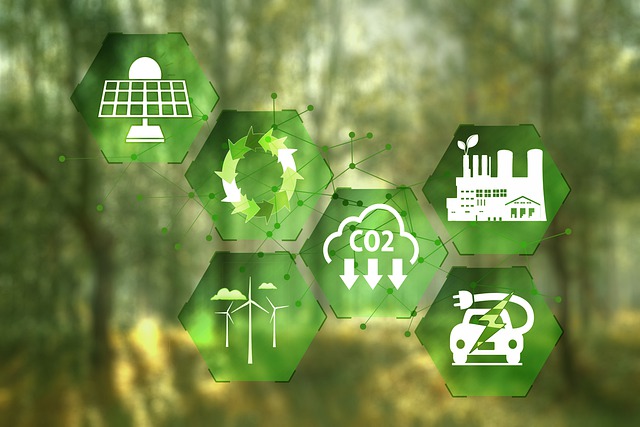The Impact of Climate Change on Businesses and Human Survival
Climate change is a severe threat to humans and everything around us. It has made survival more challenging for people and businesses. Droughts are more frequent and extreme, and storms and heat waves all directly affect businesses and have a devastating effect on consumers as well as companies.
According to Deloitte Globals 2021 climate Check Report, the world is at a tipping point regarding climate change, and over 80% of executives are concerned about it. That’s because most organizations are beginning to feel its negative impact on their businesses. Below are some of the effects of climate change on businesses.
Ways Climate Change Affects Businesses
1. Capital Expenditures for Emission Control Systems
To comply with the regulations on greenhouse gas emissions, some companies have no choice but to pay a significant amount of money to upgrade polluting facilities and emission control systems.
The worst affected companies are those that operate refineries and power plants. Companies in the innovative sustainable product niche might spend less on emission control systems, but they spend money on cooling or heating.
2. Higher Prices for Goods and Services
Climate change can bring about an increase in the prices of goods and services. Energy regulation and its costs can indirectly impact businesses that are not in the energy sector.
The suppliers pass on significant price adjustments for transportation and utilities to these companies. And the intermediate companies have no choice but to pass these high prices to the consumers.
3. Changing Weather Patterns
The UN SEC report of 2010 states that climate change is expected to change weather patterns worldwide. The UN report further strengthens that between 2010- 2019, the average annual global greenhouse emissions were at the highest in human history.
As a result, storms could become prevalent. This will most likely bring losses to businesses. The risk of doing international shipping could increase. Regions with a history of agriculture may be completely destroyed. Equally, infrastructure and coastal communities may endure periodic setbacks due to drought or fire.
4. Changing Demands for Goods
The demand for certain goods will decline. Some goods are seasonal. So these items needed in cold climates, for example, could decrease in demand. Goods such as those required in a cold climate, like heating oil, can decline due to this climate change. Equally, there will be a decline in products used in the winter.
5. Harsh Working Conditions
Some industries may experience harsher working conditions as temperatures and weather patterns change. Physically demanding jobs, particularly those done outside, will get more difficult, and the risk to one’s health and safety will increase in these fields. As a result, costs in these industries will increase.
6. Renewable Energy Regulations
The regulations on emission control systems can have a direct impact on businesses that are not in the energy sector. For example, if they do not meet their emission control standards, they will have to pay fines or penalties that could be passed on to customers in the form of higher product prices.
7. Businesses Relying on Agriculture
Businesses based on agriculture, like farming, fishing, and forestry, are at more risk because their businesses depend on the environment. In the case of bushfires, for instance, they are the worst hit. This could lead to a shortage of crops.
8. Increased Public Pressure
The general public is becoming less tolerant of companies that don’t take steps to lessen their environmental impact, as climate change is accepted as truth. Consumers are increasingly seeking out goods that are created sustainably or at the very least, have less of an impact on the environment than other similar goods.
Companies are also being put under additional pressure to act responsibly toward society, whether it is by reducing their operations’ environmental impact or by contributing to an environmental charity.
9. Scarcity/ Cost of Resources
Adverse weather conditions can affect the supply of materials needed by companies to run their businesses. Severe weather conditions like drought can lead to a shortage of crops needed for food or production.
Rising transportation and electricity costs could significantly raise the price of moving products. Costs may also rise as a result of regulatory restrictions on products related to climate change. The lack of resources may encourage businesses to adopt alternate materials and recycle more garbage.
Conclusion
The effects of climate change on businesses are huge and are affecting the way we live today and the prices of products substantially. Although there is no way to fully avoid this impact, what you can do is do better and live more sustainably. Hopefully, we will reverse climate change one day, and our children will thank us for it.
Ogbo Ojiako Godfrey is an Environmental Scholar and a Lecturer at Nnamdi Azikiwe University Awka, a Federal Government owned University in Nigeria. He is also the founder of ClimateRealTalk.com, an environmental-focused publisher devoted to spreading environmental-conscious behavior across the globe by publishing new information on their website.

click for more info
PLEASE SHARE:


